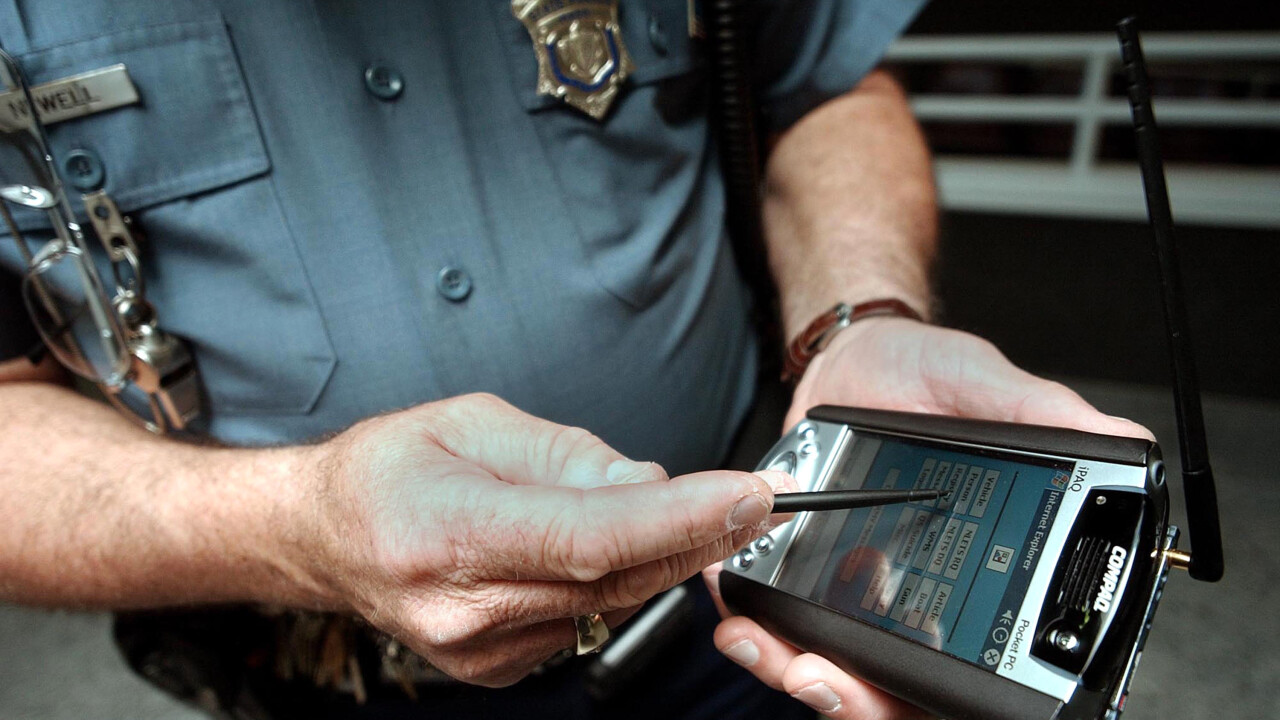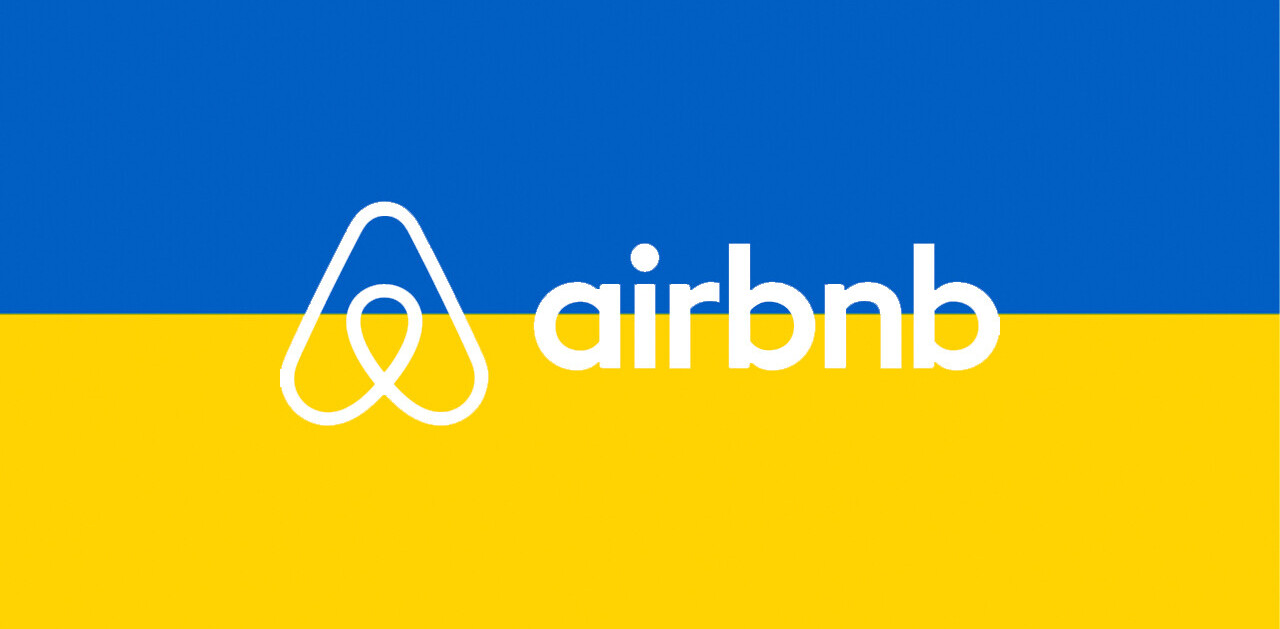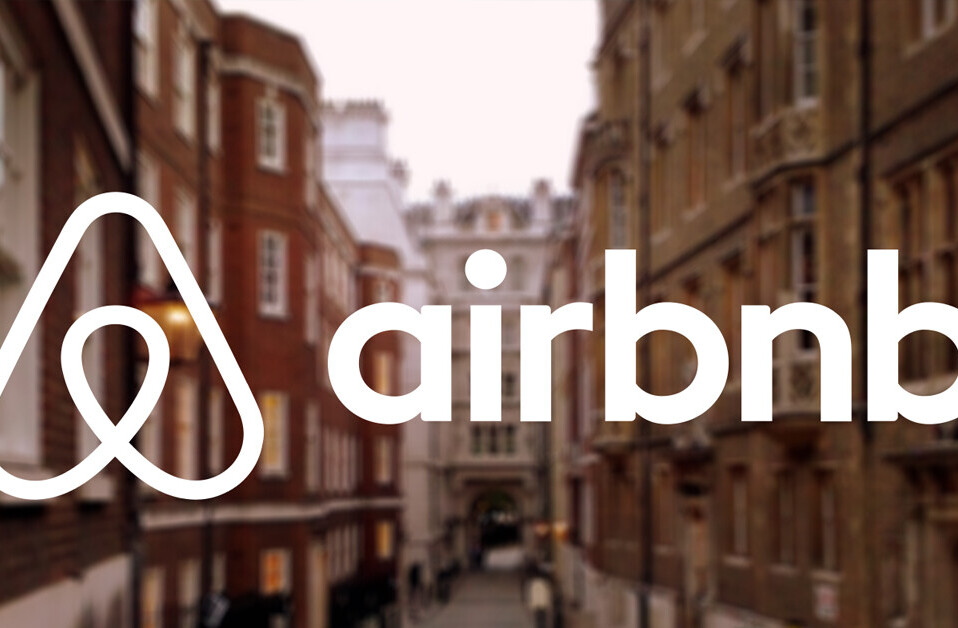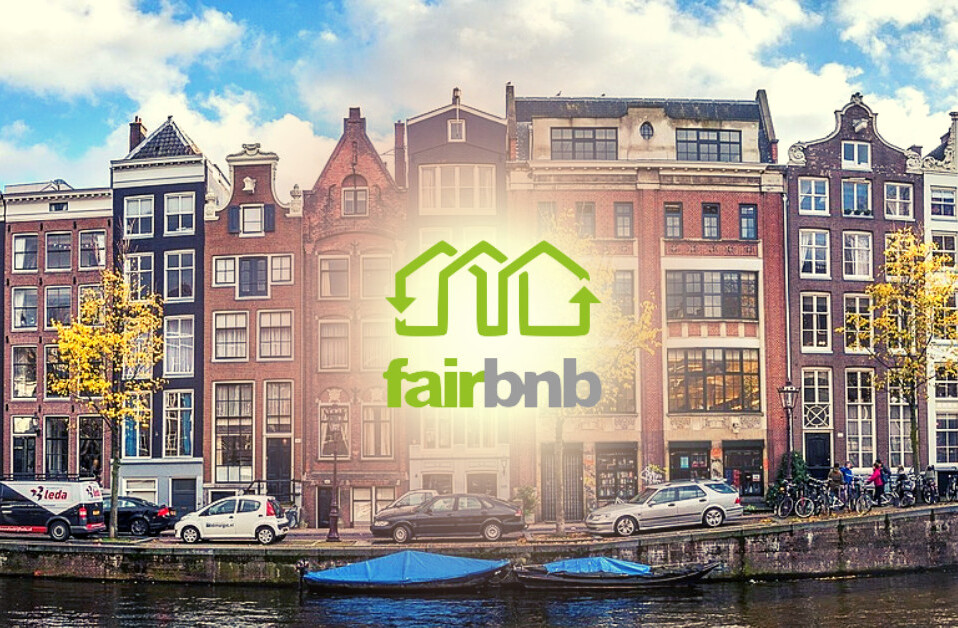
Airbnb has released a new verification process designed to improve accountability between renters and property owners on its service. With Verified Identifications, renters will have to submit to extra screenings in order to prove who they are. Right now, this service is being rolled out only in the US.
Calling it a substantial move to promote trust within the Airbnb community, the company is seeking to link online transactions with offline experiences. With the promotion of the “shared economy”, people fancy allowing people borrow or use their property (just look at Lyft, Sidecar, GetAround, EXEC, and others), but at the same time, some are also wondering about just who are they selling goods to?
Getting verified
Just what is involved in becoming verified in the Airbnb platform? It’s much more than simply linking your profile to a social media account to show that it’s actually you. Recognizing that identification creates access and is also a key to accountability, Airbnb is looking to collect as much proof as possible to verify that a person is who they say they are.
To get verified, a user will need to link their Facebook or LinkedIn account to help show that they are more than just a robot or a spammer. Afterwards, the company asks that a government-issued ID like a driver’s license be scanned using the computer’s webcam. If that’s a bit uncomfortable for some, Airbnb uses Jumio’s ID verification service to do quick background-type checks over the phone to complete the process.
Once done, verified users will have a small badge affixed to their profiles that will tell property owners that they went through the verification process and what information was checked. Airbnb promises that no personal information will be transmitted to the property owner besides what’s available on the site. In fact, all checks go into a secure server accessible by only a few “trained Airbnb employees” and uses two-factor authentication. Data is transmitted to third-party services for verification using SSL.
Verification can also be done on mobile devices as well.
Starting with a subset of its users
With Verified Identifications, Airbnb is taking several ways to begin verifying its users. As of right now, it’s not being implemented on a large scale and just in the US, as it looks to measure the response:
- Renters can voluntarily opt-in on their own by going through the verification process.
- Airbnb will randomly select 25 percent of US-based guests who are looking to book a trip. If chosen, a user will find that once they submit a booking request for a property, Airbnb will notify them that they need to verify their ID within the next 12 hours.
- Property owners and hosts within the US will have the option to receive booking requests from users that are verified. However, in order for this to happen, the hosts themselves must also be verified.
Not an easy thing to build in a day
Verified Identifications was a service Airbnb probably should have had set up a long time ago, but when you look at work that went into it, it’s understandable how it took so long. However, it’s not as if Airbnb sat on its laurels waiting for this to happen.
Two years ago, a renter found their home in disarray and it was ultimately attributed to the people who stayed there. Because of this, Airbnb implemented some new trust features, including launch of a secure payment platform, detailed profiles and reviews, addition of a $1 million insurance policy, and 24-hour customer service.
Airbnb CEO and co-founder Brian Chesky says his company helps to give users access to the world “in a way that was never before possible. Access is built on trust, and trust is built on transparency. When you remove anonymity, it brings out the best in people. We believe anonymity has no place in the future of Airbnb or the sharing economy.”
Photo credit: Darren McCollester/Getty Images
Get the TNW newsletter
Get the most important tech news in your inbox each week.






